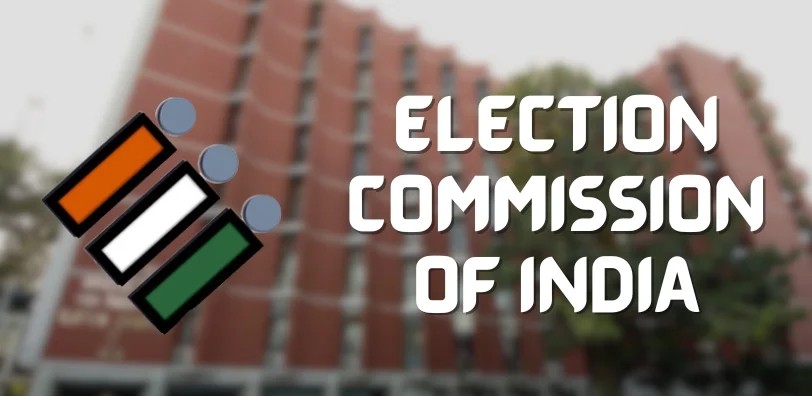The Election Commission of India (ECI)—once a symbol of democratic integrity—is facing sharp criticism over its perceived erosion of independence and effectiveness. A recent exposé by The Hans India highlights growing concerns that the ECI has become procedural rather than punitive, raising alarms about its ability to ensure free and fair elections.
Key Highlights:
- Allegations of Bias: Congress leader Rahul Gandhi accused the ECI of ignoring “industrial-scale rigging” in the 2024 Maharashtra Assembly elections. The Commission’s unsigned rebuttal was labeled “absurd” and drew backlash for its lack of transparency.
- Political Pressure: Congress MP Jairam Ramesh warned the ECI against acting as a proxy for ruling party figures, urging it to uphold its constitutional mandate.
- Power Without Teeth: Critics argue the ECI has voluntarily limited its authority, focusing on model code compliance while avoiding action on hate speech, false promises, and ethical violations.
- Structural Weakness: The Commission’s transformation from a one-man body to a three-member panel in 1993 was meant to enhance checks and balances—but critics say it has instead led to ambiguous accountability.
- Call for Reform: Analysts stress the need for legal empowerment, transparency, and ethical enforcement to restore public trust in the institution.
As India’s democratic machinery evolves, the ECI’s role is under the microscope—can it reclaim its authority, or has the watchdog been permanently leashed?
Sources: The Hans India, ECI Archives.
